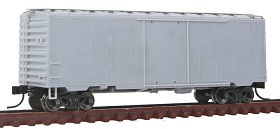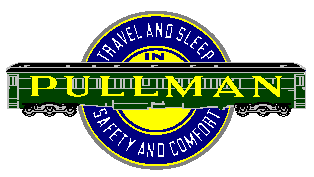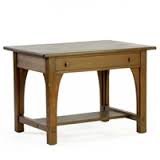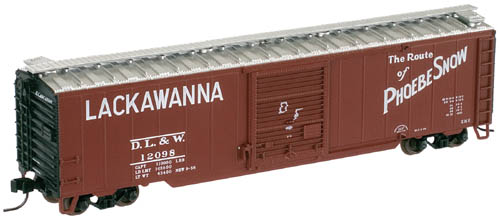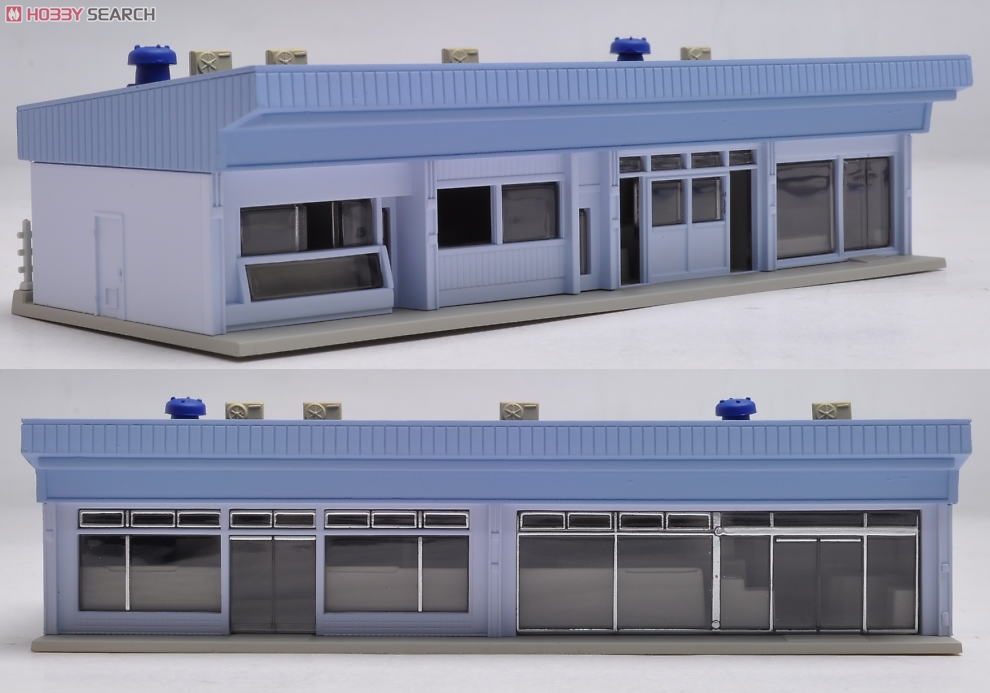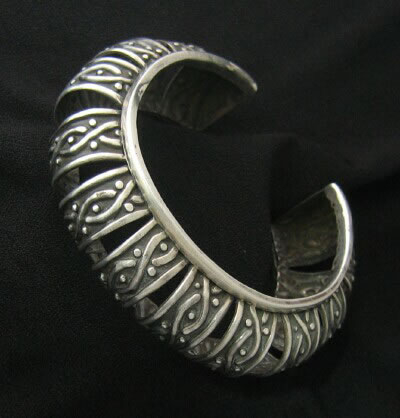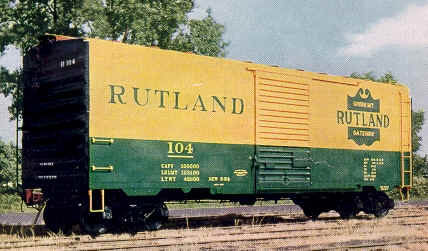Model Information: In 2012, Atlas decided to create a new tooling for the ubiquitous 40 foot PS-1 boxcar. This new model is of much higher quality than the 1976 model that Atlas had been successfully selling for almost 40 years. The new model features a very high level of detail and features body-mount couplers as well as chemically blackened wheels.
Atlas continues to release cars using the old tooling and both models are called 'PS-1 40 foot boxcars' which can be confusing as anything. However, cars that are produced using the old tooling are marketed under the Atlas Trainman branding and should not be confused with these newer high-quality models which use the 'Master' branding.
Features of this model are: Body Mounted Accumate Couplers; Barber S-2A 50-ton Trucks with Metal Wheels -Separately Applied Ladders; Etched Metal Roof Walk; 10 and 12 Stiffener Roof (used where appropriate); Ajax, Equipco and Miner Brake Wheels; First run features 7', 5 panel Superior, 7', 7 panel Superior and 7' Youngstown Doors; Undecorated items will come with all three doors (7', 5 panel Superior, 7', 7 panel Superior and 7' Youngstown Doors) and all three brake wheels (Ajax, Equipco and Miner Brake Wheels).
Atlas continues to release cars using the old tooling and both models are called 'PS-1 40 foot boxcars' which can be confusing as anything. However, cars that are produced using the old tooling are marketed under the Atlas Trainman branding and should not be confused with these newer high-quality models which use the 'Master' branding.
Features of this model are: Body Mounted Accumate Couplers; Barber S-2A 50-ton Trucks with Metal Wheels -Separately Applied Ladders; Etched Metal Roof Walk; 10 and 12 Stiffener Roof (used where appropriate); Ajax, Equipco and Miner Brake Wheels; First run features 7', 5 panel Superior, 7', 7 panel Superior and 7' Youngstown Doors; Undecorated items will come with all three doors (7', 5 panel Superior, 7', 7 panel Superior and 7' Youngstown Doors) and all three brake wheels (Ajax, Equipco and Miner Brake Wheels).
Prototype History: The 40' Boxcar is widely known as one of the most popular freight cars used by railroads as they transitioned from steam to diesel. In particular the Pullman Standard or PS-1 design was one of the most popular and was widely used by North American railroads. These boxcars were built beginning in 1947 and share the same basic design, with certain elements such as door size, door style or roof type varying among the different railroads and production years. When production of these cars ceased in 1963, over 100,000 had been produced.
So just what is a PS-1? Well the simple answer is it is any boxcar built by Pullman Standard from 1947 on. The design changed over the years – sometimes subtly, sometimes for customer request, and sometimes in a larger way. In general, most PS-1’s built from 1947 to 1961 share the same dimensions and basic construction techniques. These cars all had a length of 40′, a height of 10’5″ or 10’6″, welded sides and ends and roof of Pullman’s own design. The greatest variation was in the size and style of doors used. Pullman Standard also offered 50′ and later 60′ boxcars – also with the PS-1 designation.
So just what is a PS-1? Well the simple answer is it is any boxcar built by Pullman Standard from 1947 on. The design changed over the years – sometimes subtly, sometimes for customer request, and sometimes in a larger way. In general, most PS-1’s built from 1947 to 1961 share the same dimensions and basic construction techniques. These cars all had a length of 40′, a height of 10’5″ or 10’6″, welded sides and ends and roof of Pullman’s own design. The greatest variation was in the size and style of doors used. Pullman Standard also offered 50′ and later 60′ boxcars – also with the PS-1 designation.
Road Name History: 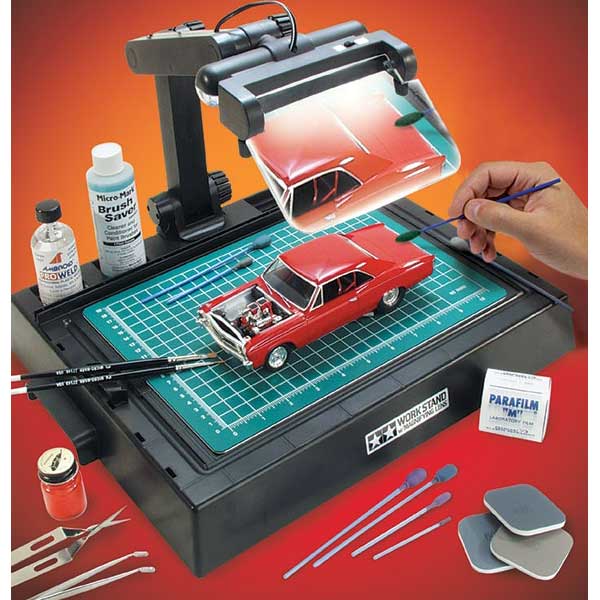 Although they may be molded in color, unpainted and unlettered, undecorated products are marketed to modelers who seek to custom decorate their models for private roads and/or road and/or company names that were not commercially produced by any of the major manufacturers.
Although they may be molded in color, unpainted and unlettered, undecorated products are marketed to modelers who seek to custom decorate their models for private roads and/or road and/or company names that were not commercially produced by any of the major manufacturers.
Undecorated models are frequently also unassembled or only partially assembled and required modelers to be comfortable with glue, paint and sometimes solder in order to prepare their models for display. Materials for these models can vary but often include plastic, pewter and resin. Models may or may not come with decals or other decorations such as plastic signage, railings and ladders to enhance the appearance of the final product.

Undecorated models are frequently also unassembled or only partially assembled and required modelers to be comfortable with glue, paint and sometimes solder in order to prepare their models for display. Materials for these models can vary but often include plastic, pewter and resin. Models may or may not come with decals or other decorations such as plastic signage, railings and ladders to enhance the appearance of the final product.
Brand/Importer Information: In 1924 Stephan Schaffan, Sr. founded the Atlas Tool Company in Newark, New Jersey. In 1933 his son, Stephan Schaffan, Jr., came to work for his father at the age of sixteen. Steve Jr. built model airplanes as a hobby and frequented a local hobby shop. Being an enterprising young man, he would often ask the owner if there was anything he could do to earn some extra spending money. Tired of listening to his requests, the hobby-store owner threw some model railroad track parts his way and said, "Here, see if you can improve on this".
In those days, railroad modelers had to assemble and build everything from scratch. Steve Jr. created a "switch kit" which sold so well, that the entire family worked on them in the basement at night, while doing business as usual in the machine shop during the day.
Subsequently, Steve Jr. engineered the stapling of rail to fiber track, along with inventing the first practical rail joiner and pre-assembled turnouts and flexible track. All of these products, and more, helped to popularize model railroading and assisted in the creation of a mass-market hobby. The budding entrepreneur quickly outgrew the limitations of a basement and small garage operation. Realizing they could actually make a living selling track and related products, Steve and his father had the first factory built in Hillside, New Jersey at 413 Florence Avenue in 1947. On September 30, 1949, the Atlas Tool Company was officially incorporated as a New Jersey company.
In 1985, Steve was honored posthumously for his inventions by the Model Railroad Industry Association and was inducted into the Model Railroad Industry Hall of Fame in Baltimore, Maryland. In addition, Steve was nominated and entered into the National Model Railroad Association Pioneers of Model Railroading in 1995.
In the early 1990s, the Atlas Tool Company changed its name to Atlas Model Railroad Company, Inc.
In those days, railroad modelers had to assemble and build everything from scratch. Steve Jr. created a "switch kit" which sold so well, that the entire family worked on them in the basement at night, while doing business as usual in the machine shop during the day.
Subsequently, Steve Jr. engineered the stapling of rail to fiber track, along with inventing the first practical rail joiner and pre-assembled turnouts and flexible track. All of these products, and more, helped to popularize model railroading and assisted in the creation of a mass-market hobby. The budding entrepreneur quickly outgrew the limitations of a basement and small garage operation. Realizing they could actually make a living selling track and related products, Steve and his father had the first factory built in Hillside, New Jersey at 413 Florence Avenue in 1947. On September 30, 1949, the Atlas Tool Company was officially incorporated as a New Jersey company.
In 1985, Steve was honored posthumously for his inventions by the Model Railroad Industry Association and was inducted into the Model Railroad Industry Hall of Fame in Baltimore, Maryland. In addition, Steve was nominated and entered into the National Model Railroad Association Pioneers of Model Railroading in 1995.
In the early 1990s, the Atlas Tool Company changed its name to Atlas Model Railroad Company, Inc.
Item created by: gdm on 2016-07-14 16:22:23. Last edited by gdm on 2018-01-19 14:44:26
If you see errors or missing data in this entry, please feel free to log in and edit it. Anyone with a Gmail account can log in instantly.
If you see errors or missing data in this entry, please feel free to log in and edit it. Anyone with a Gmail account can log in instantly.


